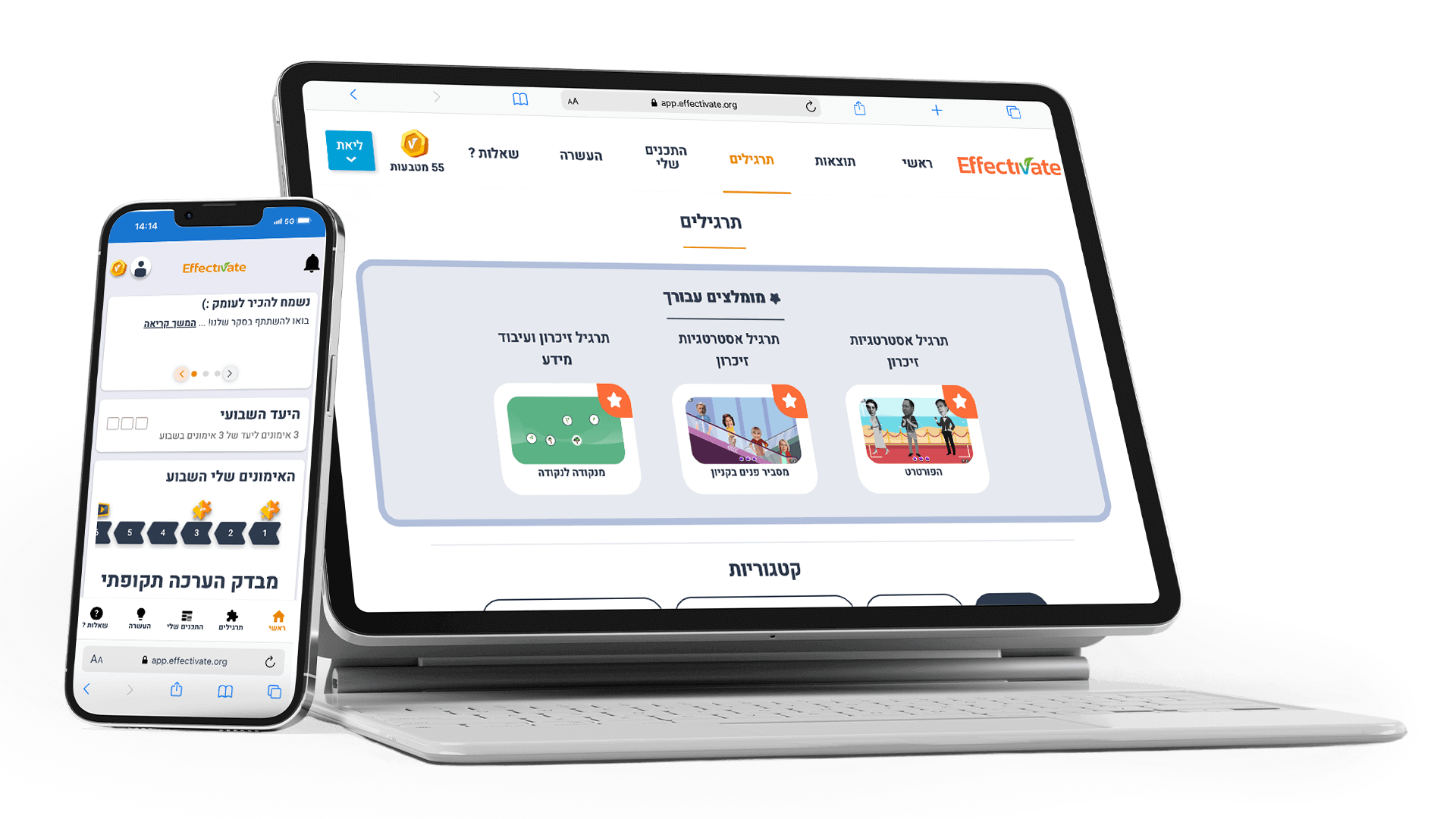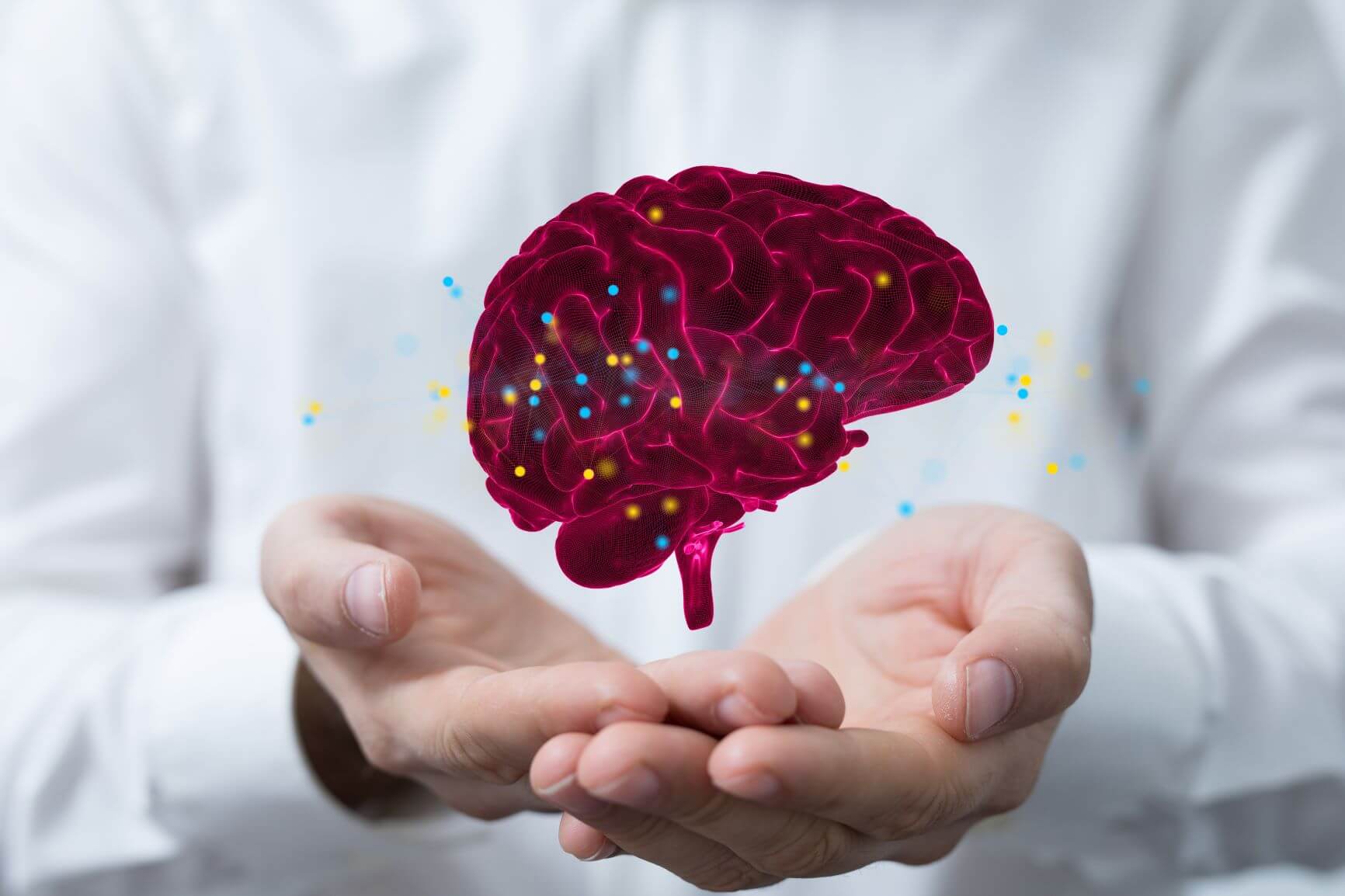A cognitive assessment allows the identification of difficulties in areas such as memory, attention, visual perception, language, information processing, reaction time, and more. The assessment results are interpreted to age and medical history because there can be complex situations in which changes occurring at a given time are directly or indirectly related to developmental issues, head injuries, or underlying medical conditions. A cognitive assessment typically lasts at least an hour and can be conducted manually or using computerized methods, often involving an evaluation discussion with the examiner. Neurologists, psychiatrists, geriatricians, psychologists, nurses, and occupational therapists conduct cognitive assessments, which can be performed in memory clinics, geriatric clinics, neuropsychological centers, private clinics, and hospitals.
Methods and Procedure of Assessment
The standard assessment tools commonly performed by doctors to evaluate complaints of memory decline are the Mini-Mental State Examination (MMSE) or the Montreal Cognitive Assessment (MoCA). These tests may include tasks such as orientation questions, immediate and delayed word recall, sentence repetition, shape copying, picture naming, forward and backward number sequence repetition, backward counting, and more. If there is a feeling that the examination was not sufficient after completion, more comprehensive assessments such as a neuropsychological evaluation can be conducted. Additionally, computerized assessments such as NEUROTRAX include various tasks that complement those included in manual assessments and provide a more comprehensive picture.
Benefits of Assessment
The assessment not only helps identify difficulties but also allows for recommendations of individualized rehabilitation plans and guidance on daily life management for improvement. It is important to provide specific examples from daily life that accurately reflect the complaints during the conversation with the examiner. Cognitive assessment is essential in many rehabilitative situations such as head injuries, strokes, brain surgeries, and more. It is also important in older age when experiencing cognitive decline, whether mild or significant, which may be part of the natural aging process or early stages of dementia. There is a direct link between cognitive abilities and independent life management, so early assessment is important to slow down deterioration and monitor cognitive status regularly.
The assessment helps distinguish between things that may appear similar but differ in essence, for example, short-term memory decline can stem from attention decline or memory decline itself. Of course, we can self-evaluate if we are generally more forgetful lately or primarily forgetful. When performing a comprehensive assessment with multiple tasks, there are tasks unique to attention and tasks unique to memory. Moreover, we will be assessed in various cognitive domains, such as executive functions, language, visuospatial skills, and more.
Overall, cognitive assessment provides valuable information for understanding cognitive functioning, identifying specific areas of difficulty, and guiding appropriate interventions and support.
Morley, J. E., Morris, J. C., Berg-Weger, M., Borson, S., Carpenter, B. D., Del Campo, N., … & Vellas, B. (2015). Brain health: the importance of recognizing cognitive impairment: an IAGG consensus conference. Journal of the American Medical Directors Association, 16(9), 731-739.










